Are you considering making the switch to solar energy? Great choice! Solar panels are a fantastic way to save money on electricity bills and contribute to a greener planet. But with so many options out there, you might be wondering which type of solar panel is right for you. Don’t worry! We’ve got you covered with this simple guide to understanding the different types of solar panels.
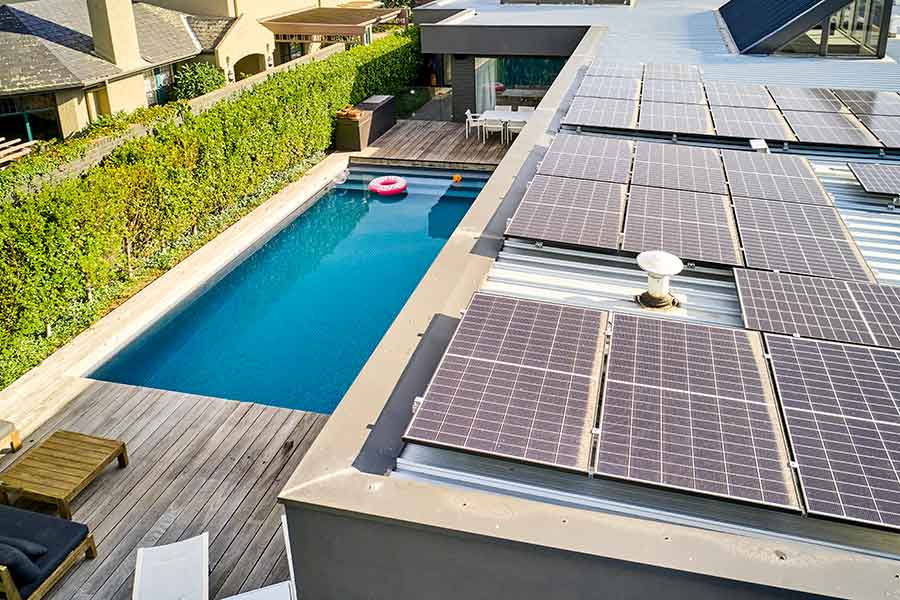
1. Monocrystalline Solar Panels
Description: Manufacturers create these panels from a single, pure crystal of silicon, giving them a sleek, black appearance.
Pros:
- High Efficiency: Monocrystalline panels typically offer efficiency between 15-20%. You get more electricity from the same amount of sunlight.
- Space-Saving: Their high efficiency means you need fewer panels to generate the same amount of power, saving space on your roof.
- Long Lifespan: These panels boast durability and often come with lengthy warranties.
Cons:
- Higher Cost: They usually come with a higher price tag due to the more expensive manufacturing process.
- Heat Sensitivity: Very hot temperatures can reduce their efficiency.
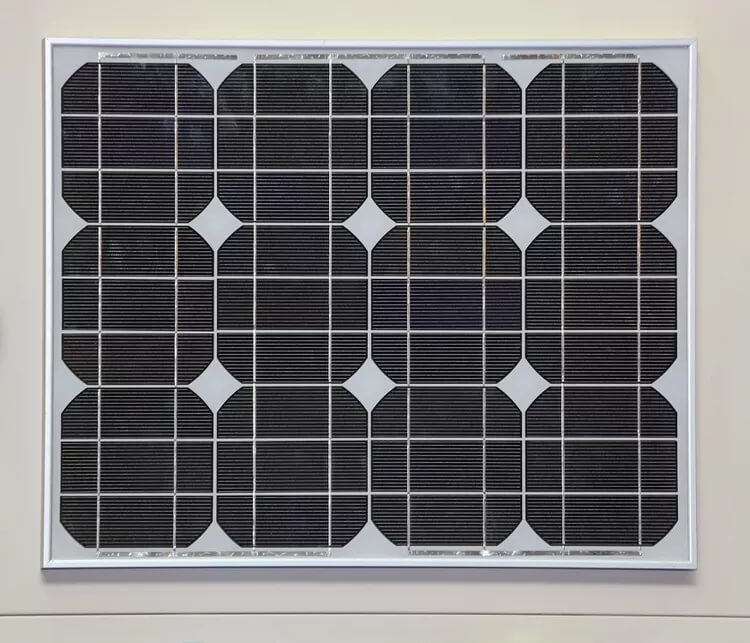
2. Polycrystalline Solar Panels
Description: These panels, made from multiple silicon crystals, have a distinctive blue, speckled look.
Pros:
- Affordable: Polycrystalline panels generally cost less to produce and purchase.
- Good Efficiency: With efficiency typically between 13-16%, they provide a solid option for most homes.
Cons:
- Slightly Less Efficient: They don’t match the efficiency levels of monocrystalline panels.
- More Space Needed: You might need more panels to generate the same amount of electricity, requiring more installation space.
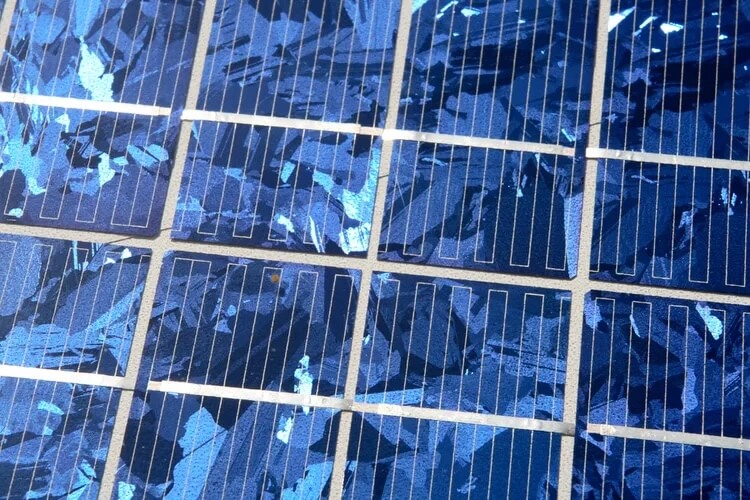
3. Thin-Film Solar Panels
Description: These panels are made by placing one or more layers of photovoltaic material on a substrate. They come in various types like amorphous silicon, cadmium telluride, and copper indium gallium selenide.
Pros:
- Lightweight and Flexible: Thin-film panels work well in various applications due to their light and flexible nature.
- Heat Performance: They handle high temperatures and low-light conditions better than crystalline silicon panels.
- Uniform Look: Their sleek appearance can even mimic traditional roofing materials.
Cons:
- Lower Efficiency: With efficiency around 10-12%, they don’t produce as much power as other types.
- More Space Needed: You’ll require more panels to generate the same amount of electricity.
- Shorter Lifespan: They generally don’t last as long and have shorter warranty periods.
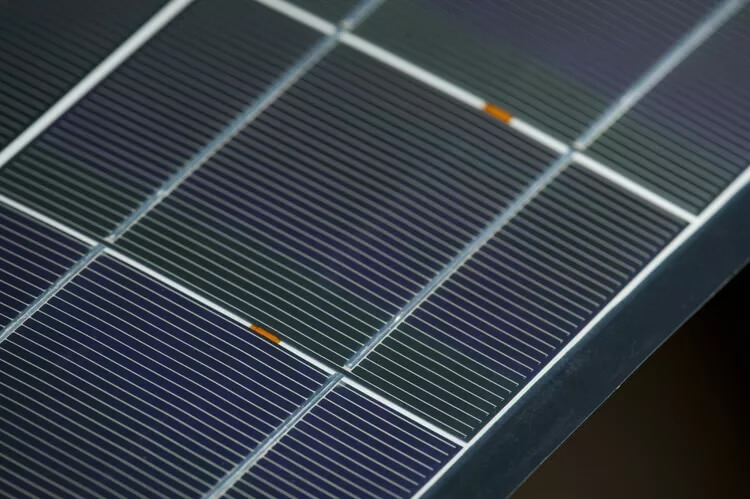
4. Bifacial Solar Panels
Description: These innovative panels capture sunlight from both sides, boosting energy production.
Pros:
- Higher Efficiency: By capturing light from both sides, bifacial panels generate more electricity.
- Durable: With tempered glass on both sides, these panels are robust and durable.
Cons:
- Higher Cost: They tend to be more expensive due to their advanced technology.
- Complex Installation: Maximising their efficiency requires specific installation methods, which can raise installation costs.
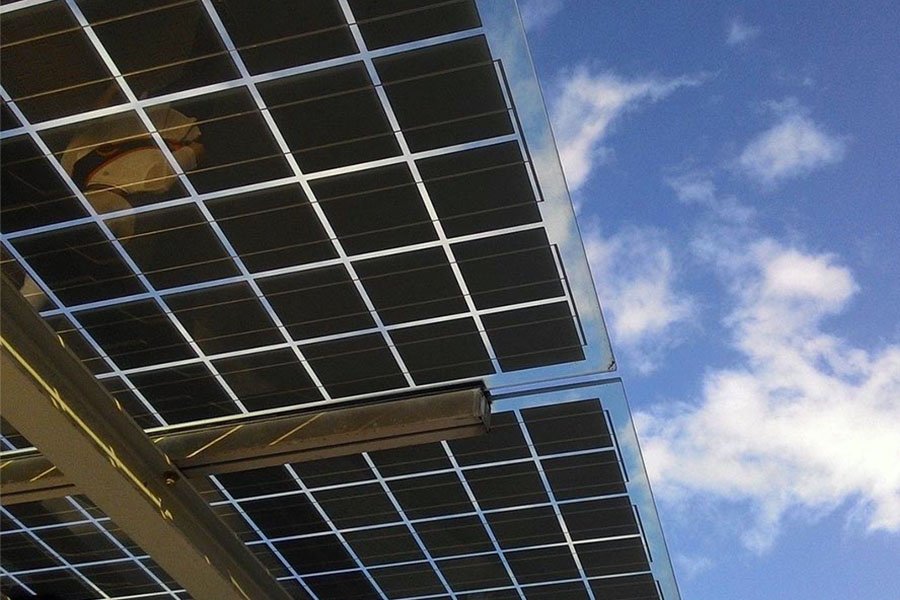
How to Choose the Right Solar Panel for You
When deciding on the type of solar panel to install, consider the following factors:
- Budget: Determine how much you are willing to spend on your solar panel system.
- Space: Consider the amount of space available for installation.
- Climate: What’s the climate like in your area? Some panels perform better in certain conditions.
- Aesthetics: How important is the look of the panels to you?
Solar Panels and You: A Perfect Match
Switching to solar energy is a smart move that benefits both your wallet and the planet. By understanding the different types of solar panels, you can make an informed decision that best suits your needs. Whether you go for high-efficiency monocrystalline panels, budget-friendly polycrystalline panels, versatile thin-film panels, or innovative bifacial panels, there’s a perfect solar solution for everyone.
Ready to make the switch? Start by assessing your energy needs and budget, and you’ll be well on your way to a brighter, more sustainable future! Explore the pros and cons of the different types of solar panels and be sure to get 3 quotes from CEC-accredited installers.